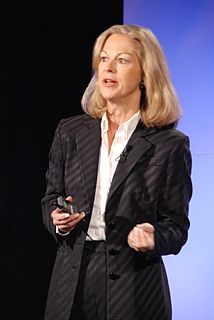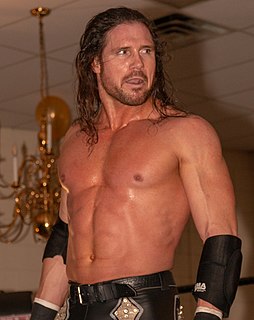A Quote by Christie Hefner
I think I've established my own identity here at Brandeis.
Quote Topics
Related Quotes
I made a vow that I wouldn't be tempted by what could happen to me if I went to Europe. I thought, 'You could be absorbed in it - it's so seductive, you might lose your own search for identity.' Then, when I did finally go to Europe, I was able to resist it because I had established my own identity.
The identity of just one thing, the "clash of civilization" view that you're a Muslim or a Hindu or a Buddhist or a Christian, I think that's such a limited way of seeing humanity, and schools have the opportunity to bring out the fact that we have hundreds of identities. We have our national identity. We have our cultural identity, linguistic identity, religious identity. Yes, cultural identity, professional identity, all kinds of ways.
Louis Brandeis beloved uncle, Lewis Dembitz, was an ardent abolitionist. His mother was an abolitionist in Kentucky at a time when Brandeis remembered hearing the shot from the confederate soldiers after the second battle of Bull Run. Amazing to think that he heard that and I studied with one of his last law clerks in college. And that encapsulates almost all of American history.
When it comes to identity, that was an issue that plagued me for a lot of my life. It's something that I wanted to tap into. Film can really take you to other places, and sometimes that's necessary to understand your own identity or someone else's identity or just the issue of identity, in general. It takes you. It's borderless. It's boundless. It's universal.
Louis Brandeis actually changes his mind about women's suffrage because he works with these brilliant women in the women's suffrage movement like Josephine Goldmark, his sister-in-law, where he writes a Brandeis brief which convinced the court to uphold maximum hour laws for women by collecting all these facts and empirical evidence.
They said, OK, nine [Louis] Brandeis's is too much, but one is OK. So, with friends like that, and so forth. But, yes, the idea that because he was Jewish he would rule a particular way was an ugly undercurrent of the hearings, which resonates with current claims that a judge can't be impartial because of his or her background or ethnicity or race. It's, I guess, a small comfort that in the end the Brandeis vote wasn't close.
Louis Brandeis really inspired me to write this book [Louis D. Brandeis: American Prophet]. It was a crazy deadline. The editor said I'd miss the hundredth anniversary unless I pumped the thing out in six months, because I'd been delaying and dilly dallying for so long. So he both inspired me to get up early and write.
































